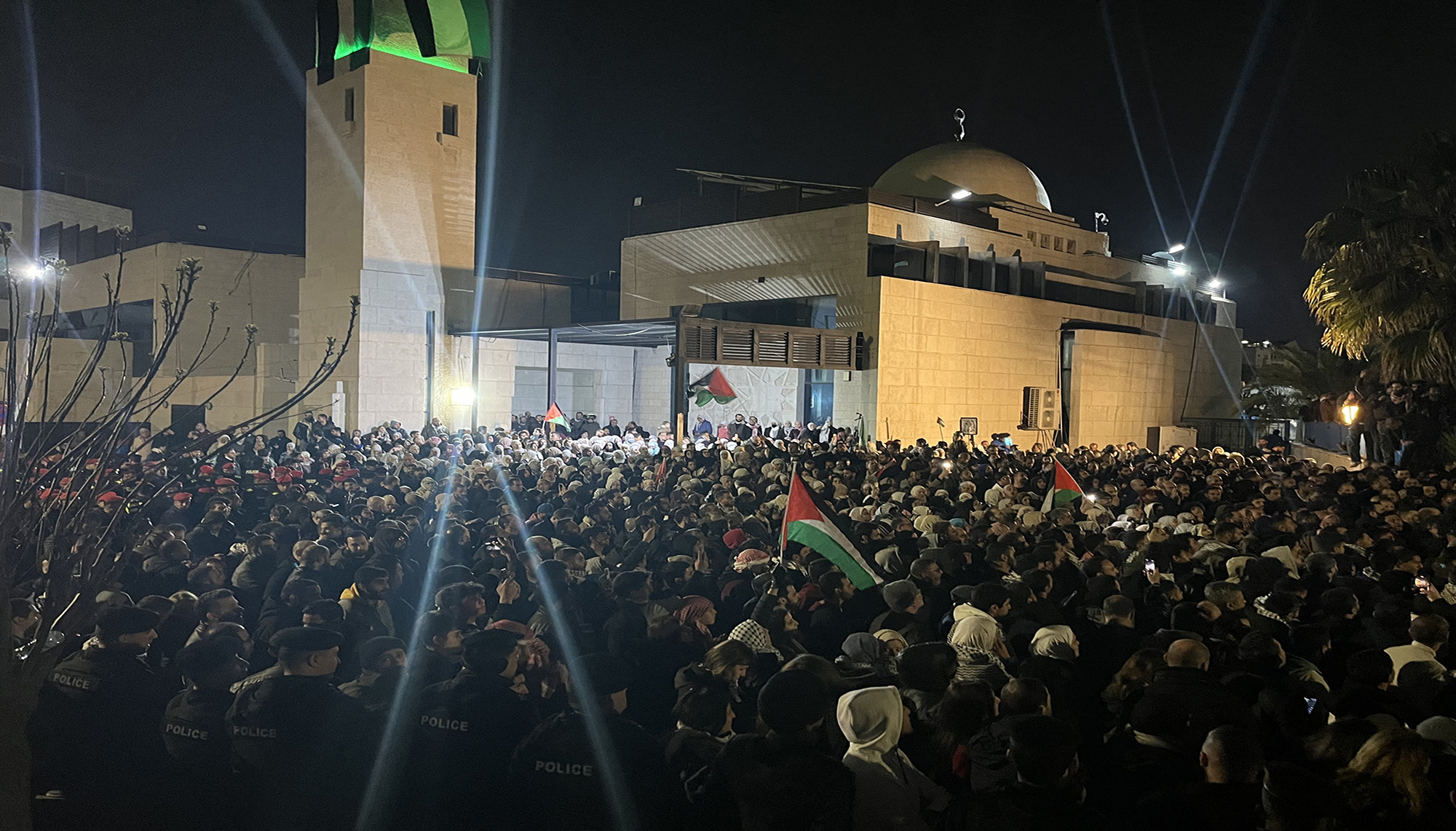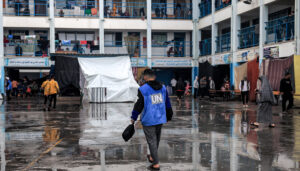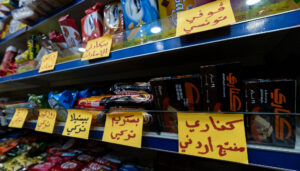 I live in Muscat in Oman. As a new expatriate, I tend to look for Jordanians to flock with. I take my children to a Jordanian dentist, visit a Jordanian doctor, and go to a Jordanian beautician. We all share memories of Amman or other cities, and although our accents are slightly different, our yearnings and homesickness are just the same. We also share the suffering of being left out from our clans, and looked at like we are the lucky ones. The common joke says: we stumble on sacks of money thrown around on the streets here, waiting to be collected. We, expats of the gulf, are thought to be lucky because we don’t have to work as hard for the money, which is not true.
I live in Muscat in Oman. As a new expatriate, I tend to look for Jordanians to flock with. I take my children to a Jordanian dentist, visit a Jordanian doctor, and go to a Jordanian beautician. We all share memories of Amman or other cities, and although our accents are slightly different, our yearnings and homesickness are just the same. We also share the suffering of being left out from our clans, and looked at like we are the lucky ones. The common joke says: we stumble on sacks of money thrown around on the streets here, waiting to be collected. We, expats of the gulf, are thought to be lucky because we don’t have to work as hard for the money, which is not true.
Rania is the name of the beautician I go to. The first few months of our acquaintance proved to me that she was so dedicated to her work. She works on call more than 12 hours a day, 7 days a week. She’s a 32-year-old mother of one and expecting. As I got to know her better I realized that she is a warrior. As I learned from her, she is here in Oman alone with her son. Her husband visits her a few times a year, but can’t stay because he won’t be granted a visa, nor could he find a job there, although he has a degree in accounting. What most people don’t know is that there are sectors and fields of work in which the law of labor here constricts the number of foreign employment. Accounting and financial jobs are 90 percent nationalized, and the remaining 10 percent we have to compete for with Asians and other Arabs. And to make things worse for Rania, her husband can’t find a job back home.
So there’s this pregnant lady, living alone in a foreign land for some six years, without family to lean on in times of need or weakness. And the hard times have left her with the responsibility of supporting her family out of a small beauty shop. And to top it all, she is physically challenged for having a single kidney, which puts her life at risk with the new pregnancy!
I asked Rania: why doesn’t she go back to Jordan and start the same business there? At least she’d have someone to look after her child when she’s working. She said that it is very hard to start building a customer base as good as the one she has now, and that it would hardly be as lucrative in Jordan. She also told me that this small business is paying for building them a house back in Irbid! And because they want their own house, she’s adamant about not going back to Jordan until it is finished. Now isn’t she a warrior?!
Rania faces all kinds of discouragements, about her being abroad alone without a husband, her physical weakness, and her inability to drive a car. She doesn’t complain though. She has targets for the way she wants her children’s lives to be. And even though she doesn’t have a college degree, she is blessed with a very strong will, and the stamina to go with it. I only wish that our society would appreciate stories like hers, and stop thinking of expatriates as sluggish cash cows. The competition, the daily struggle, and the hardships of disorientation some go through should be adequate to break that mold.










